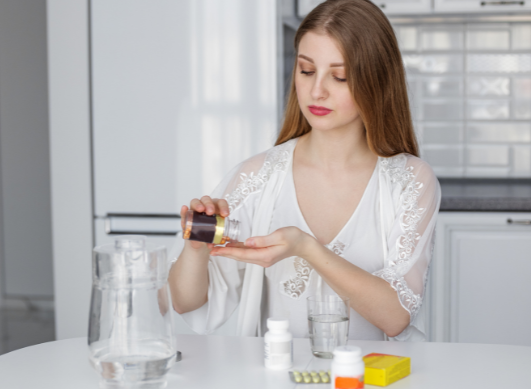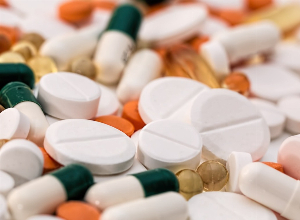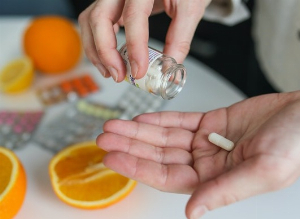Everything there is to know about generic drugs!
Published 18 Sep 2024 • By Candice Salomé
Although generic drugs are just as effective as ‘conventional’ medicines (known as reference medicines), people still mistrust them.
So what exactly is a generic drug? What are the differences between generic drugs and reference medicines? Why use a generic drug?
We explain it all in our article!

What is a generic drug?
Generic medicines are available in almost all industrialised and developing countries. The emergence of generics is linked to the expiry of patents on commonly prescribed medicines at the end of the 1980s. In many countries, public health authorities have been actively promoting the development of generics since the late 1990s. Since then, there has been a significant growth.
Generic medicines are made from the same molecule as the medicines already authorised for the market (the reference medicines), whose patent has fallen into the public domain.
They have the same qualitative and quantitative composition concerning the active ingredients. Active ingredients are the components of a medicine that provide to the drug its therapeutic properties. A medicine is normally made up of one or more active ingredients and the accompanying excipients.
Excipients, on the other hand, are non-therapeutic elements used in the composition of a medicinal product (or in its manufacture). Certain excipients must be taken into account when prescribing or dispensing treatments, as they may cause allergic reactions. These are known as ‘excipients with a significant effect’.
In addition, generic medicines have the same pharmaceutical form and have demonstrated their bioequivalence, i.e. they behave in the same way as the reference drugs.
Nonetheless, generics cost less, as there are no research and development costs for pharmaceutical companies.
What are the most common stereotypes over generic drugs?
Generic medicines are less effective than reference medicines.
FALSE. Generics are medicines made from the same molecule as the reference medicines. When the patent on a reference drug falls into the public domain, pharmaceutical companies can copy the composition of its active substance and market it as a generic. Both types of medicines have therefore the same composition in terms of active ingredients (the molecule or molecules that provide treatment).
However, there is one difference between a reference drug and a generic: the excipients. Excipients can change the colour, appearance and taste of the medicine. They do not, however, alter the active substance, but may be forbidden for certain patients if they cause significant side effects. They may, for example, cause intolerance in some patients.
Before a generic drug is granted marketing authorisation, it is checked to ensure that it behaves in the same way as the reference drug - this is known as ‘bioequivalence’.
There may be differences between two generics produced by two different laboratories.
FALSE. The active ingredients contained in generic versions of the same reference medicine are exactly the same. However, the excipients may differ from one generic to another. Generally speaking, all generics in the same group can be substituted for each other.
Your pharmacist can choose to dispense the generic of his or her choice, even if you have already used a product of another pharmaceutical company.
Why are generics more commonly prescribed than reference drugs?
Pharmaceutical companies that manufacture generic drugs work on the basis of molecules that are already marketed and well-known. This allows them to save on research and development costs. They also generally spend less on marketing and advertising. As a result, they can offer sales prices that are on average 30% lower than those of reference drugs, while guaranteeing the same quality.
The savings generated by generic medicines thus make it possible to:
- Preserve the healthcare system: using generics ensures that everyone has access to healthcare,
- Cover new treatments that are often expensive. This means that patients can benefit early from more effective and/or better-tolerated treatments for serious conditions,
- Finance innovation. By providing better remuneration for research efforts, generics stimulate pharmaceutical companies to develop innovative treatments.
Was this article helpful to you?
Give it a like and share your thoughts and questions with the community in the comments below!
Take care!
Sources :
Pourquoi utiliser des médicaments génériques ?, L’Assurance maladie
Médicaments génériques : questions / réponses, Ministère de la santé et de la prévention
Les médicaments génériques, qu’est-ce que c’est ? Vidal
Médicaments génériques ou en libre-accès : ce qu’il faut savoir, L’Assurance maladie

 Facebook
Facebook Twitter
Twitter


